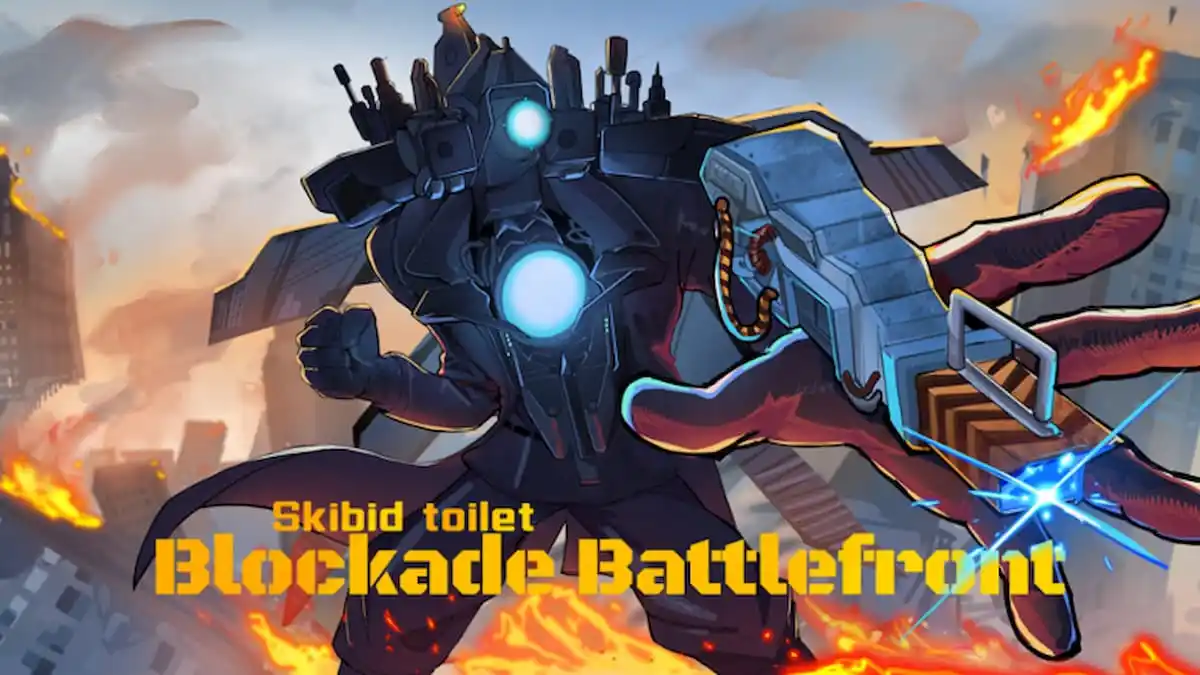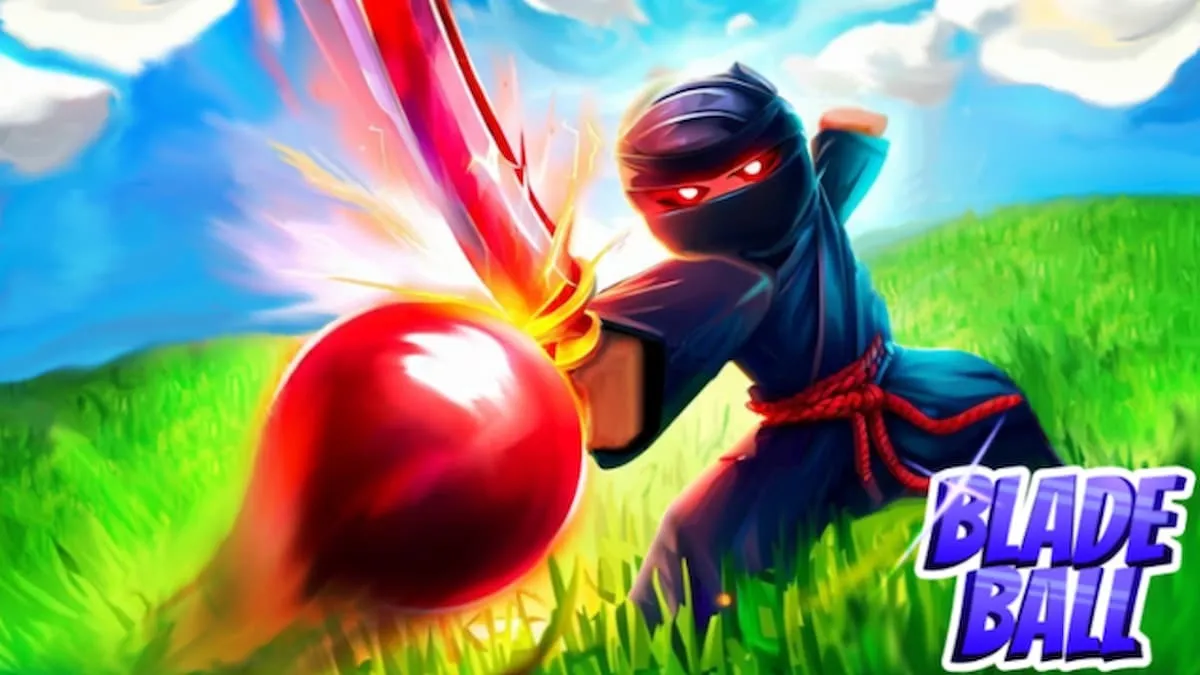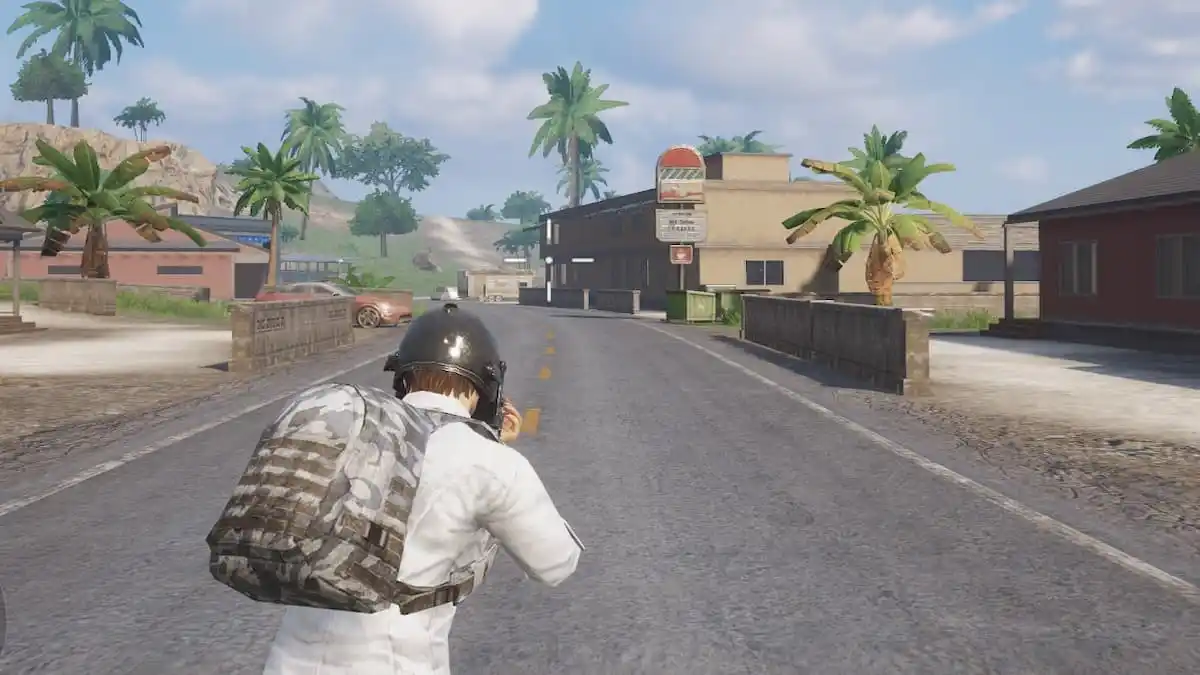Good writing can go far in creating content people will be looking for, and the use of search engine optimization (SEO) techniques can help them find it.
SEO is a complicated subject, so we won’t be covering it in-depth here. Rather, we will be discussing effective use of a game’s title within your content. But first!
What is search engine optimization?
SEO is something every website bears in mind with its content and structure, and is something any internet content creator would do well to learn. Why? Because it makes search engines work for you.
A well-optimized web page has particular keywords within its body and meta data (such as tags) to tell search engines what that content is about. A search engine will then compare it with other pages on the subject.
No one knows any search engine’s exact algorithms used to sort pages, but we do know they use:
- In-content and meta data keywords
- The speed at which a page loads
- How many times that content has been shared via social media platforms
- The overall quality of the on-page content
You as a writer have very little control over the speed the site loads and how many shares your content receives (outside of sharing yourself), but you do have control over your content’s keywords and quality.
I’ll trust you on the quality part! But below is what you need to do to give your content the edge from a keyword standpoint.
Making good use of the game title (and related keywords)
This is the most basic SEO-related task you can implement in any of your articles, no matter the type of article it is. News pieces, editorials, and guides all benefit from making good use of the game’s title.
So what is good use? At the most basic level it entails putting the game title in:
- The article title
- The first two sentences of the first paragraph
- The tags (here on GameSkinny that would be the ‘Games’ field above the platform listings in the ‘Bonus points’ tab)
- At least two more times past the article’s first paragraph
- The ‘Skinny’ field of the ‘Bonus points’ tab
Easy, right? You know it! So what else can be done aside from using the game title in the listed places? How about using a keyword entailing the game name instead (except under the ‘Tags’ field)?
Pairing the game title with selected keywords
Are you writing a guide? The most basic way to add some keyword flair is to add the word “guide” after the game title in the article title, as well as once in the content itself and once in the tags.
Example: “Final Fantasy XIV guide”
But even this is a very basic example. What type of guide is it? Let’s add another word in there.
Example: “Final Fantasy XIV crafting guide”
Another basic example (building off the previous one), and you can see where I’m going with this.
With news, editorial, and review pieces, things can be a little more tricky. You must consider what the content is about and choose your keyword carefully — then use it in the title, first paragraph, and tags, just as you would if you were just using the game title as your keyword.
A good rule of thumb for choosing a keyword (unless dealing with a complex topic or using a keyword search tool) is to think about what 2 ~ 4 word phrase most people would type into their preferred search engine to find your content. If the phrase is not grammatically correct, consider using the approach shown in the examples below.
Working with a grammatically incorrect keyword
Here I am going to toss out an example keyword and show how to work with it in the title, in the content itself, and in the tags.
Example: “Farm Heroes Saga working cheats”
This is a hard phrase to shove into a sentence, right? Let’s assume this is a guide or tip article. If so, you can position the keyword as such in the article title:
“Farm Heroes Saga – Working Cheats to Get Past Level 200″
The dash here functions to separate the game title and the second part of the keyword to your readers, but not to search engines. It’s a win-win. Now let’s say this is (for some reason) a news article.
“Farm Heroes Saga – Working Cheats Put Dent in Game’s Profitability Due to Unreasonable Difficulty and Player Demand”
… Whew. That’s a mouthful — but this isn’t an unrealistic news topic. As you can see here, using a dash in titles for articles other than guides gets the same job done.
What about in the article itself (and by proxy the Skinny)?
As long as the keyword is together in the title as demonstrated above, you have a little wriggle room in the content itself: the keyword does not need to be all together in these instances, but preferably not completely separate. So what do I mean by this?
Let’s continue to use the “Farm Heroes Saga working cheats” example from above in an SEO-compliant sentence.
Example: “Farm Heroes Saga doesn’t have many working cheats.”
Super simple example! But still just as effective. This method can and should be used in both the article body and in the Skinny field.
Using your keyword and the game title in the tags
We have two separate fields with tagging functions here on GameSkinny: the ‘Games’ field and the ‘Tags’ field. Both have their own purposes:
- Games – Lets you tag content as related to one or a number of games. They are indexed with other content on the same game(s), separate from tag searches.
- Tags – Lets you put an entire keyword in a single tag (even if not grammatically correct), as well as developer, publisher, acronyms, and related words people might search for.
Both of these fields have a large impact on a piece of content’s meta data, meaning they are almost as important as the content itself.
Now let’s work once more with the Farm Heroes Saga working cheats keyword and get a look at how the tags for a piece of content on the subject might look like.
‘Games’ field – Farm Heroes Saga
You could potentially also put Candy Crush Saga in the ‘Games’ field, if you mention it once or twice in the article. The games are related in that they are from the same publisher and are of similar genre.
‘Tags’ field – farm heroes saga cheats, farm heroes saga working cheats, king.com, king farm heroes saga, farm heroes saga best cheats, level cheats, how to beat, best cheats
NOTE: It is a good idea to include acronyms in your tags if the game is known by any. These should have their own tags, both with a keyword or two and without.
A recent example being Pokemon Omega Ruby and Alpha Sapphire — which is often refered to as ORAS. ‘Pokemon ORAS’ and ‘ORAS’ tags should be present, both alone and with keywords. (Examples: pokemon oras secret base, oras secret base, oras legendaries)
And finally: numerals
It can be tough to decide whether to go with Roman (III, IV, V, VI) or more widely used Indo-Arabic (3, 4, 5, 6) numerals when writing on a sequel, but you should choose the Indo-Arabic route 90% of the time.
Though many games use Roman numerals in their titles, most people type the Indo-Arabic numerals because they are faster and more familiar. This shows up in search trends for virtually every game, and is something you do need to keep in mind.
An example of this in action is Grand Theft Auto V — more commonly searched as Grand Theft Auto 5 by a wide margin. Here’s the Google Trends comparison chart so you can see this in action:
…So use Indo-Arabic numerals (1, 2, 3) in the title and in your content itself, but do be sure to include the Roman numeral version of the game title in the tags to cast a wider net.
Hopefully these tips help you improve the most basic level of SEO in your content, through which you will get more traffic via search engines (and by proxy, via organic shares).







Published: Jan 9, 2015 09:25 am